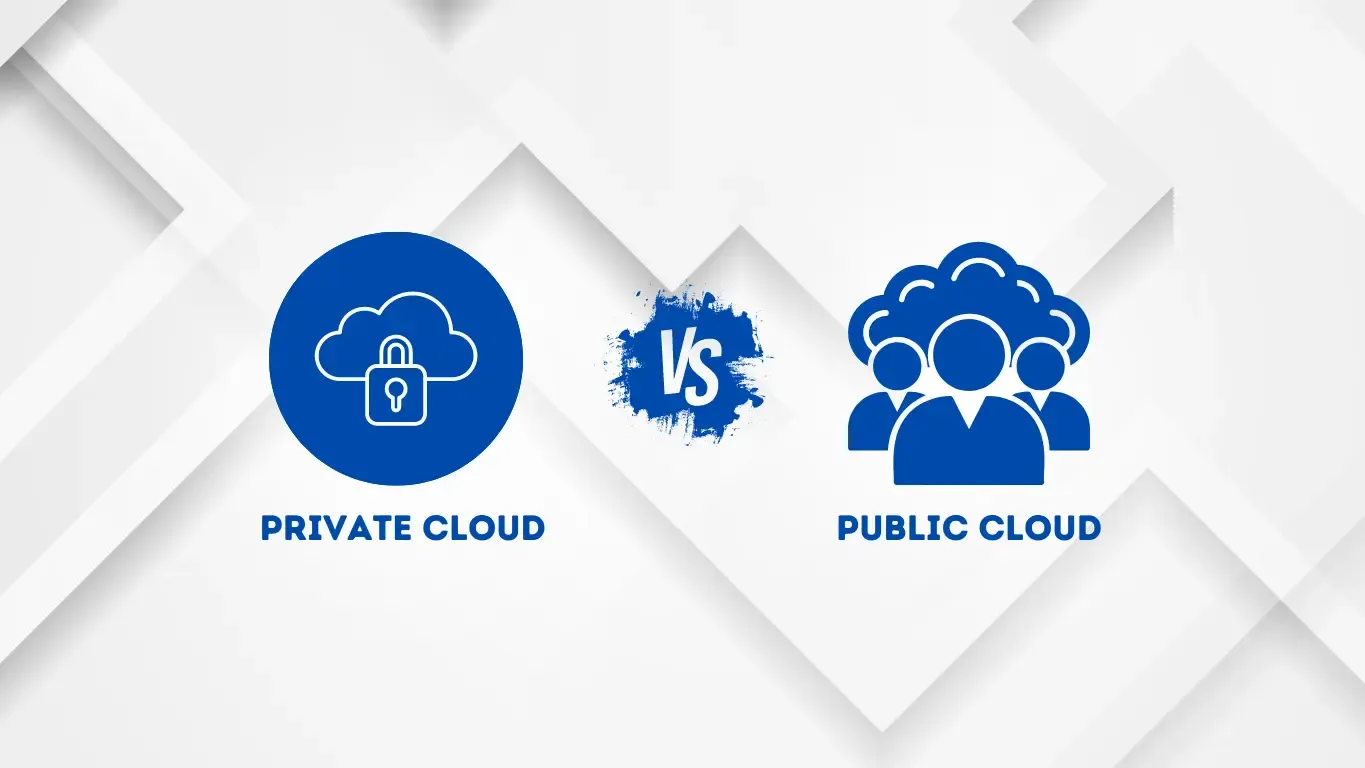Private Cloud vs. Public Cloud Servers: Who’s Got the Edge?
There is no doubt that Cloud Computing is here to stay With more organizations looking to take advantage of Cloud computing the question most common...

There is no doubt that Cloud Computing is here to stay. With more organizations looking to take advantage of Cloud computing, the question most commonly asked has changed from “Should we move to the Cloud?” to “What sort of Cloud should we move to?”
In this article, Adam Stern takes a look at some of the deciding factors in determining what is best for your business.

This article excerpt, by Adam Stern, originally appeared here: https://bit.ly/1pMs7kJ
For manufacturers, the selection of a public vs. private cloud depends on a number of factors. The primary consideration remains security. With private cloud deployment, access can be actively restricted internally and externally, and firewall technologies can be implemented to protect against external threats. At first blush, a private cloud might seem to provide a better choice for organizations that want to enjoy the benefits of virtual servers without compromising security policies or overall system flexibility.
But a closer look reveals that, implemented correctly, the public cloud can be just as secure. There are new and effective ways to mitigate risk. Before transitioning to cloud server hosting, it’s wise to check the service provider’s profile and history, and obtain industry references.
To achieve maximum security in a public cloud server hosting environment, look for intrusion detection and prevention systems (IDPS), which are designed to prevent attacks and extend far beyond traditional firewalls. The better public cloud providers also embrace the concept of “application-consistent backup” as the optimum restoration method in the event of data loss.
Aside from security considerations, some organizations — including some manufacturers — have the additional burden of compliance requirements. Public cloud providers can offer full compliance with protocols under Sarbanes-Oxley, PCI and HIPAA, but not every provider does — again, due diligence is the byword. In a private cloud, the hardware, storage and network configuration is dedicated to a single company, so compliance is less of an issue.
Cost is another key factor. Manufacturers considering virtual servers must not only investigate upfront investment, but long-term expenses as well (e.g., operational costs, maintenance, and application expenses.) With the public cloud, the service provider is responsible for all management and maintenance of the infrastructure. Private cloud implementation can be cost-prohibitive for many small- to mid-size manufacturing concerns because of initial hardware costs, while large enterprises have the advantage of using their existing data center hardware for cloud hosting.
Scalability also belongs on the shopping list. Both offer a degree of scalability. However, the flexibility of public cloud hosting ensures an almost infinitely scalable platform. The pay-as-you-go scalability of virtual server hosting is particularly suitable for smaller manufacturers because it allows them to immediately scale up or down. For enterprises that operate their own private cloud infrastructure, scaling will involve additional hardware investment and longer timelines than a similar degree of expansion within a scalable public cloud.





